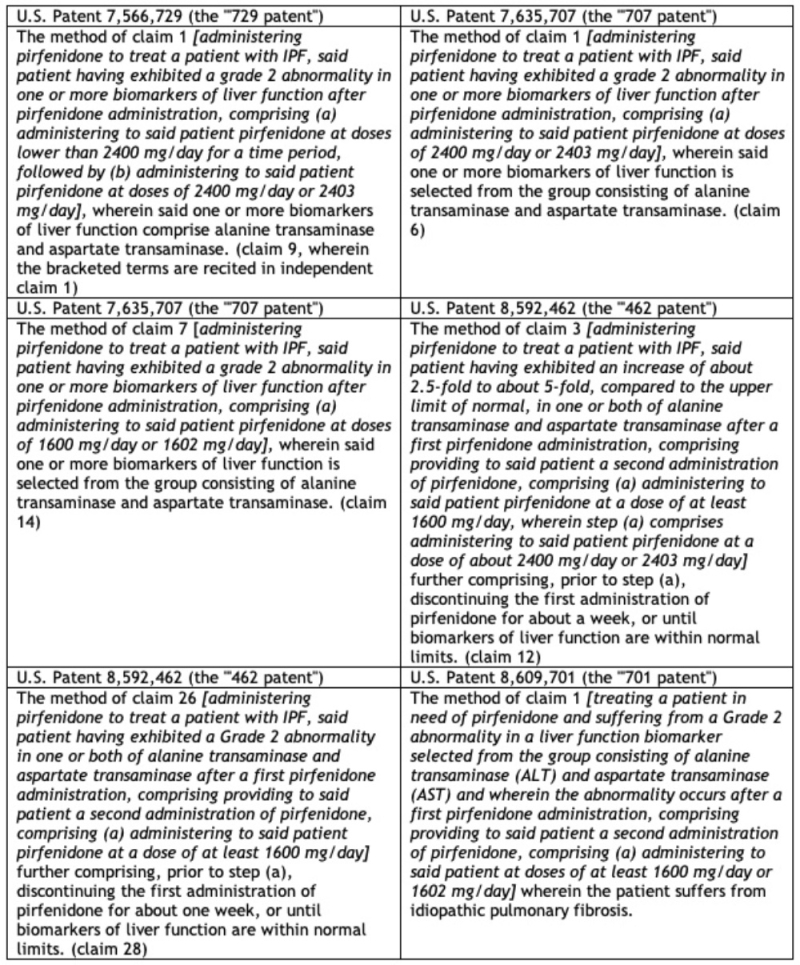Time Is Running Out For The EPO’s 10-Day Rule | Foley & Lardner LLP
Stakeholders accustomed to having “ten more days” to respond to a communication from the European Patent Office will have to update their calendaring systems for documents dated on or after November 1, 2023. This is because the European Patent Office (“EPO”) is abolishing its “10-day rule” such that all response periods will be measured from the date printed on the document, effectively ending the 10-day grace period.
EPO Deadlines Measured from “Delivery” Date
While most USPTO deadlines are measured from the date the Office Action was issued by the USPTO, many EPO deadlines are measured from the “delivery” date of an EPO communication. As many applicants and practitioners know, the EPO has long considered a document to be “delivered” ten days after the date printed on the document. This gives rise to the so-called “10-day rule” which effectively functions as an automatic 10-day grace period for responding to certain EPO communications. For example, under the 10-day rule, a communication with a four-month response period dated June 1 could have an effective deadline of October 11 (not October 1). Unsurprisingly, many applicants have grown fond of the rule, taking the extra 10 days to further consider and develop response strategies.
However, beginning November 1, 2023, the 10-day rule will be phased out. For EPO communications dated on or after November 1, 2023, the date printed on the document will be considered the date of delivery, effectively ending the 10-day grace period. For example, a communication with a four-month response period dated November 13 would have an effective deadline of March 13 (not March 23). (Note, however, that documents dated before November 1, 2023, are still under the 10-day rule.)
That said, there are safeguards in place if a communication takes more than seven days to reach its target destination. Updated Rule 127(2) EPC states:
If the EPO establishes that the electronic document has reached its destination more than seven days after the date it bears, a period for which the deemed receipt of that document is the relevant event under Rule 131, paragraph 2, shall expire later by the number of days by which the seven days were exceeded.
EPO guidance explains that this safeguard will come into play “if notification is contested and the EPO cannot show that a document reached the addressee within seven days of the date it bears.” If that happens, the response deadline would be the original response period, plus the number of days delayed in excess of 7. For example, a communication dated November 13 that was not delivered until November 25 (12 days later) would have an effective deadline of March 18 (adding 12-7=5 days to the March 13 deadline). (Deliveries within 7 days of the date on the communication are afforded no extra time.)
If an applicant does not receive an EPO communication at all and requests an investigation, the EPO must prove that the document has been delivered. If the EPO fails to prove the communication was delivered, the communication will be reissued with a new date, and the response period will be calculated from the new date.
A graphical summary of the new rules can be found on this page of the EPO website.
Simplifying EPO Deadlines
As much as some stakeholders have enjoyed being able to take advantage of the 10-day rule, there is no question that abolishing its fictitious delivery date paradigm will simplify the calculation of EPO deadlines. The 10-day rule does not apply to all EPO deadlines, and different European patent counsel have different practices as to whether they include the “extra 10 days” when reporting deadlines. For communications issued November 1, 2023 onward, calculating the correct response deadline will be simpler—even if the effective deadline is sooner.






